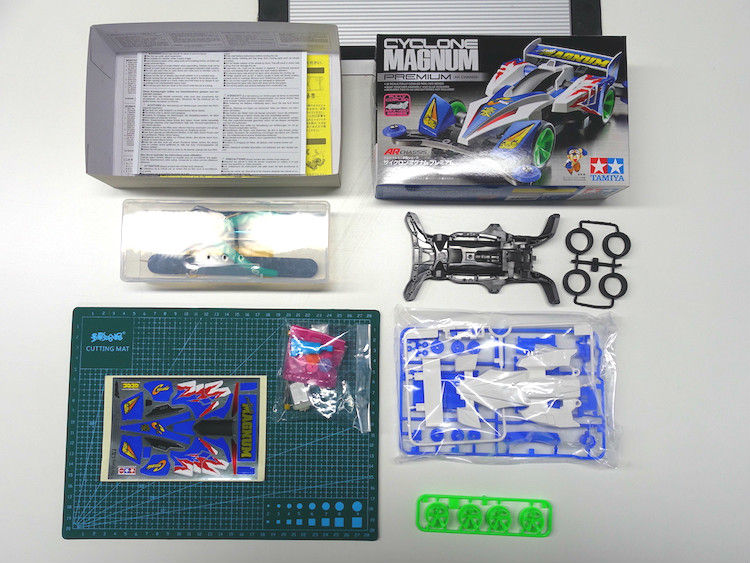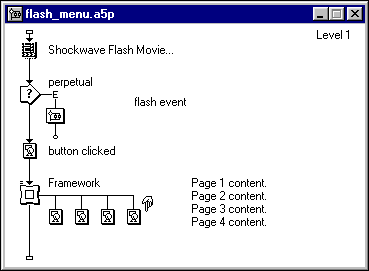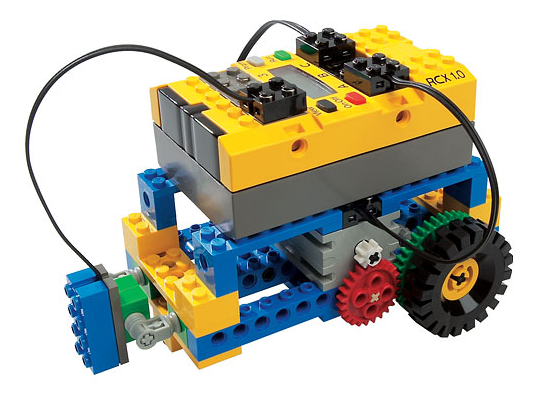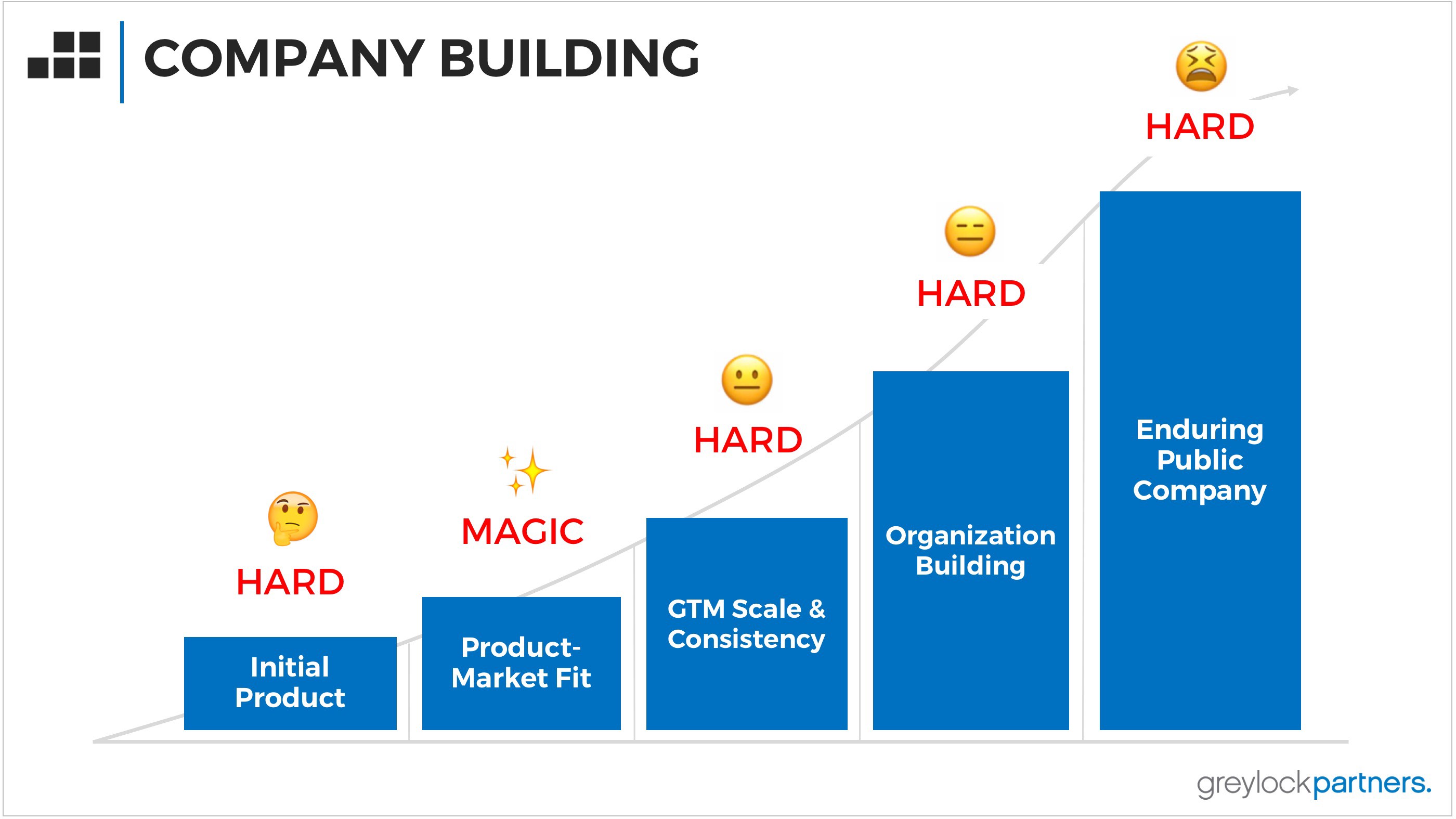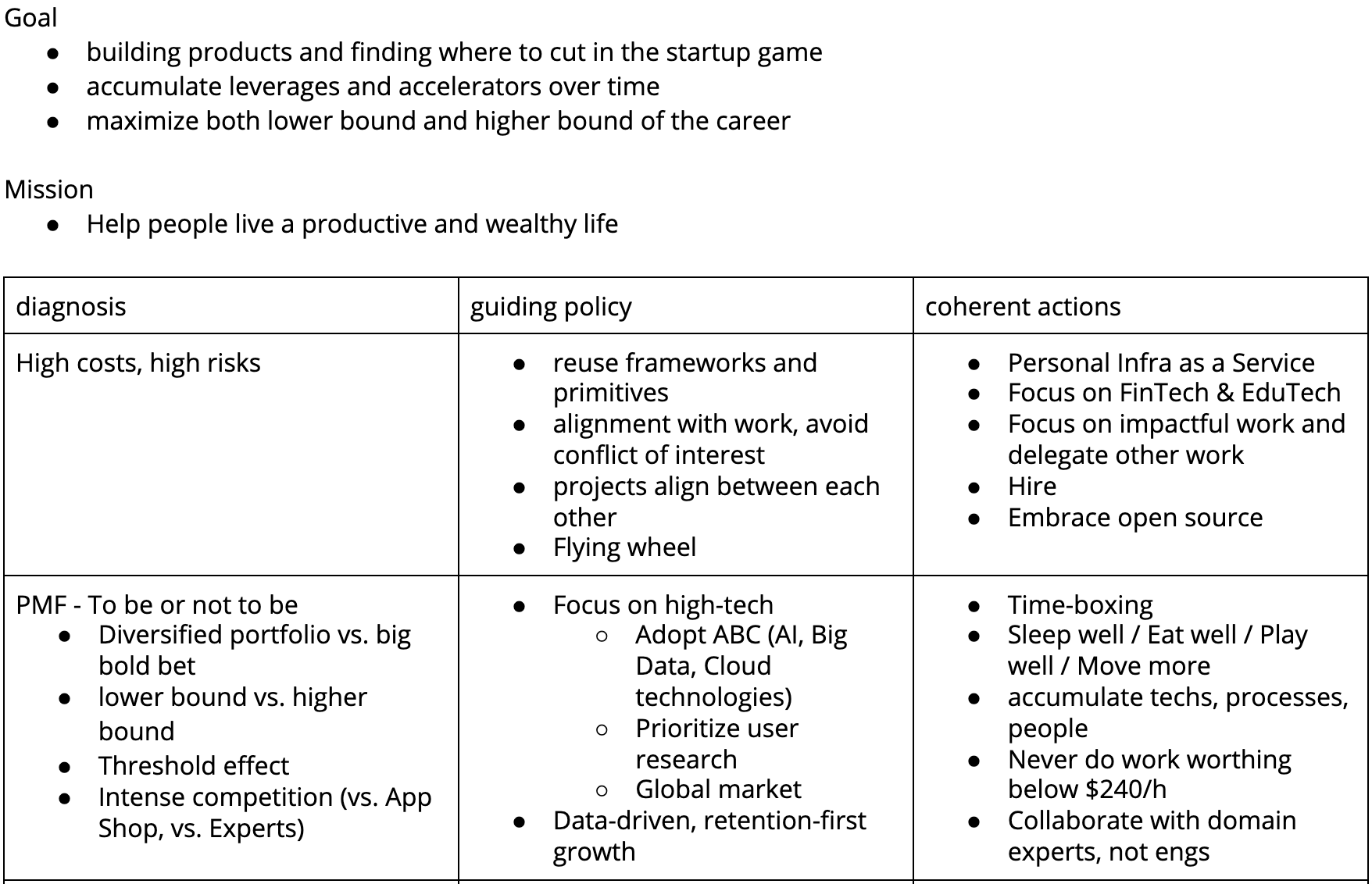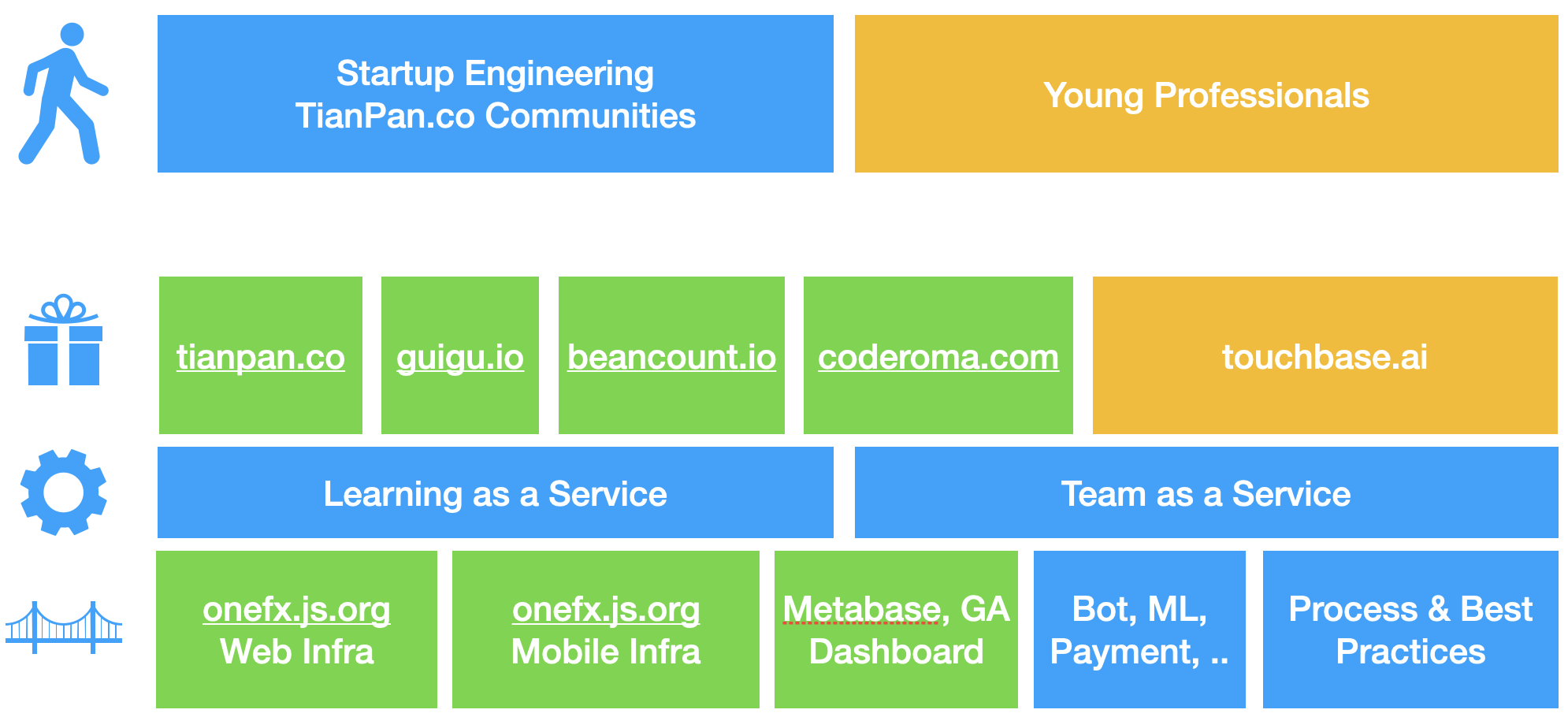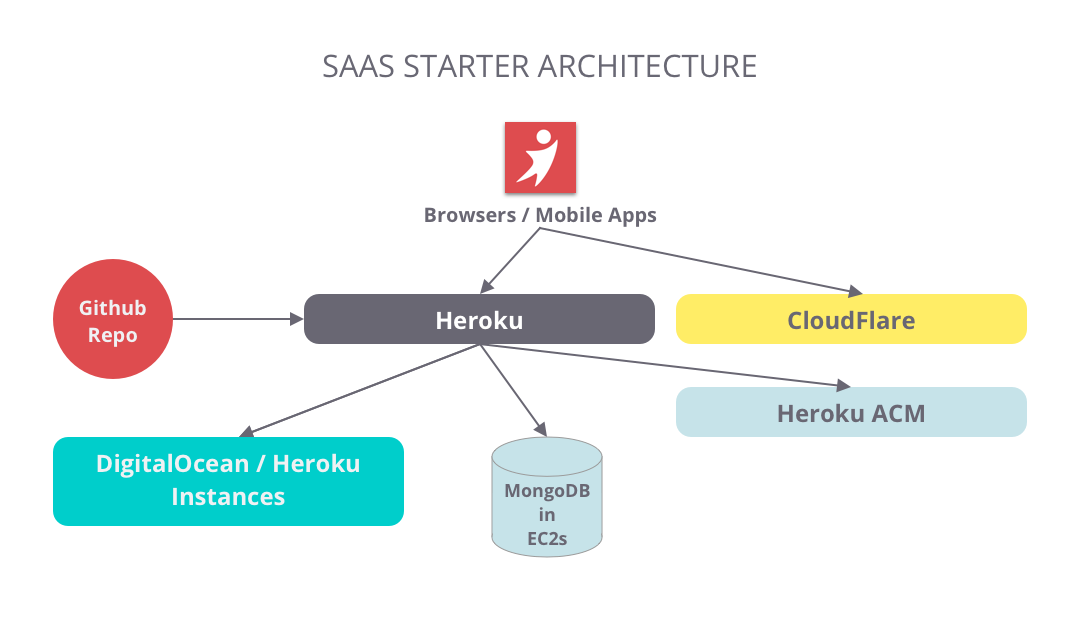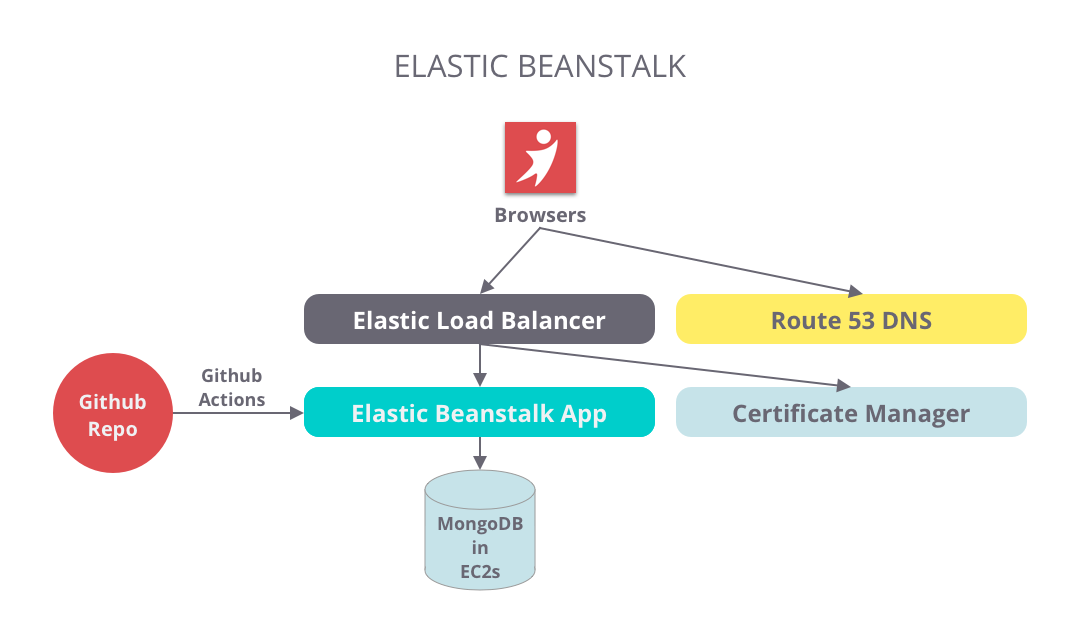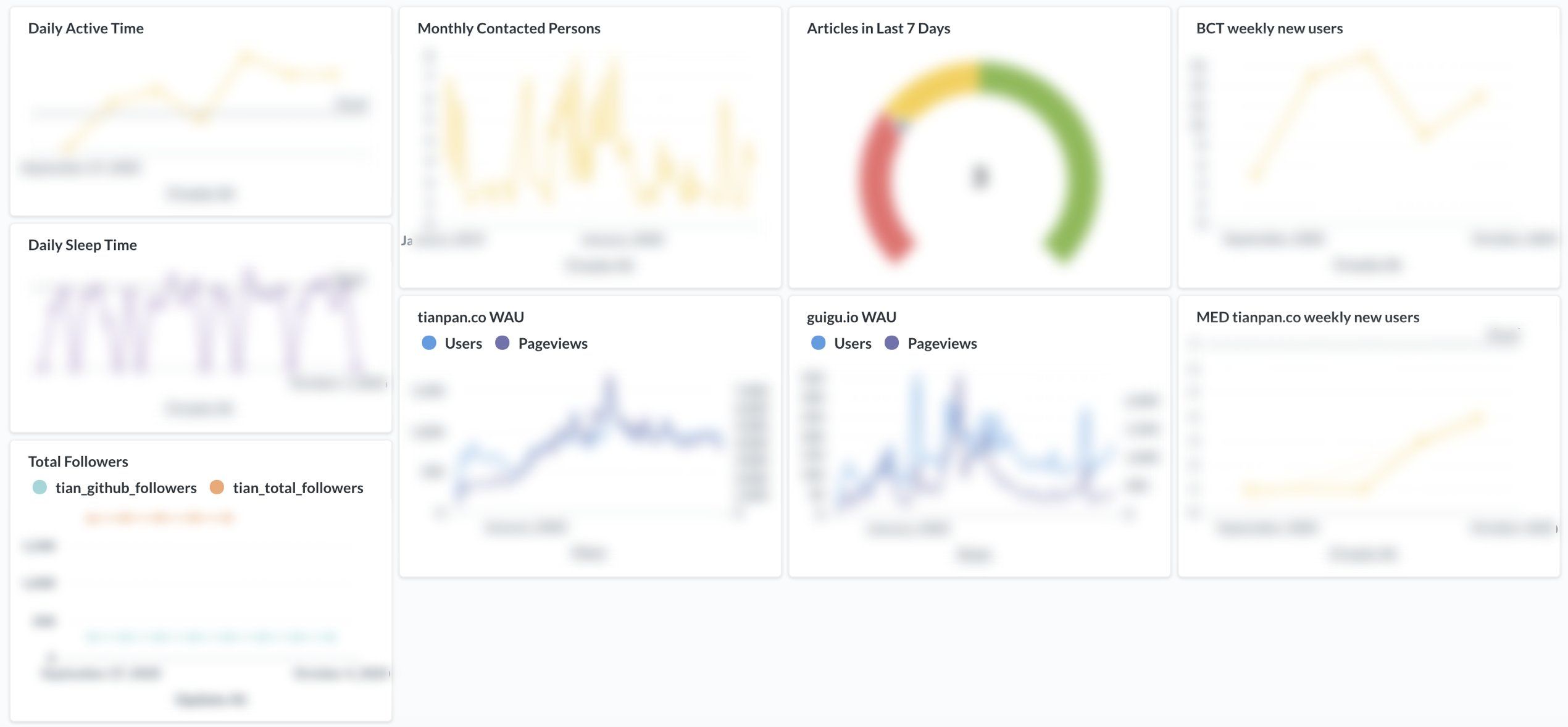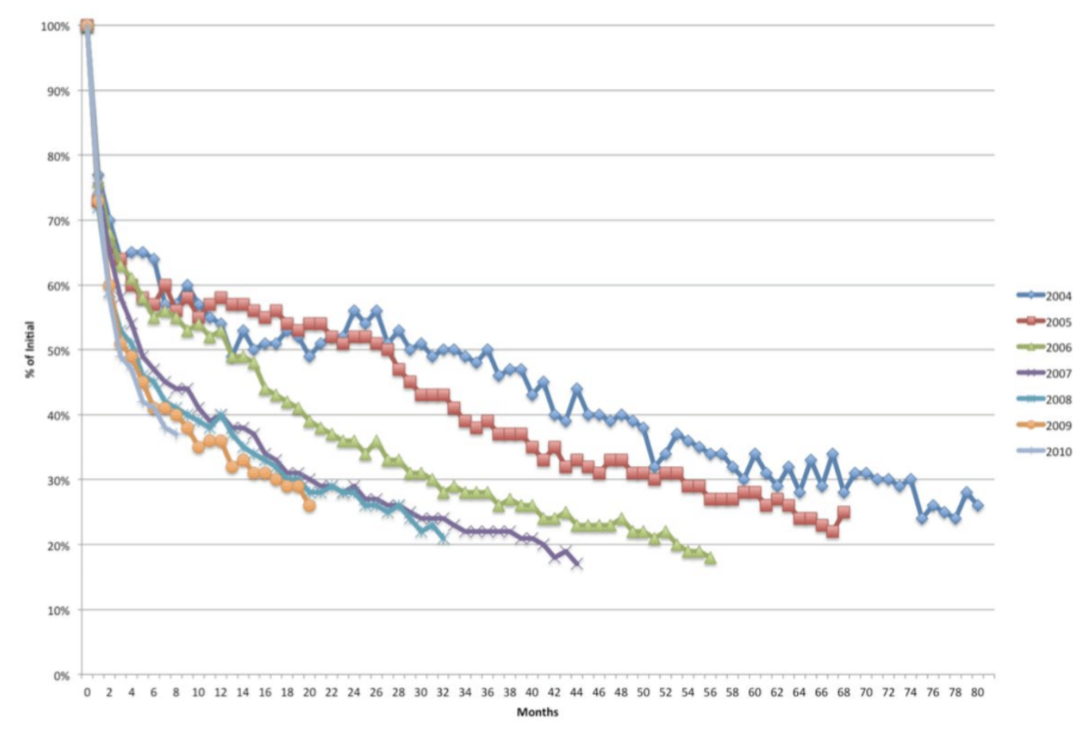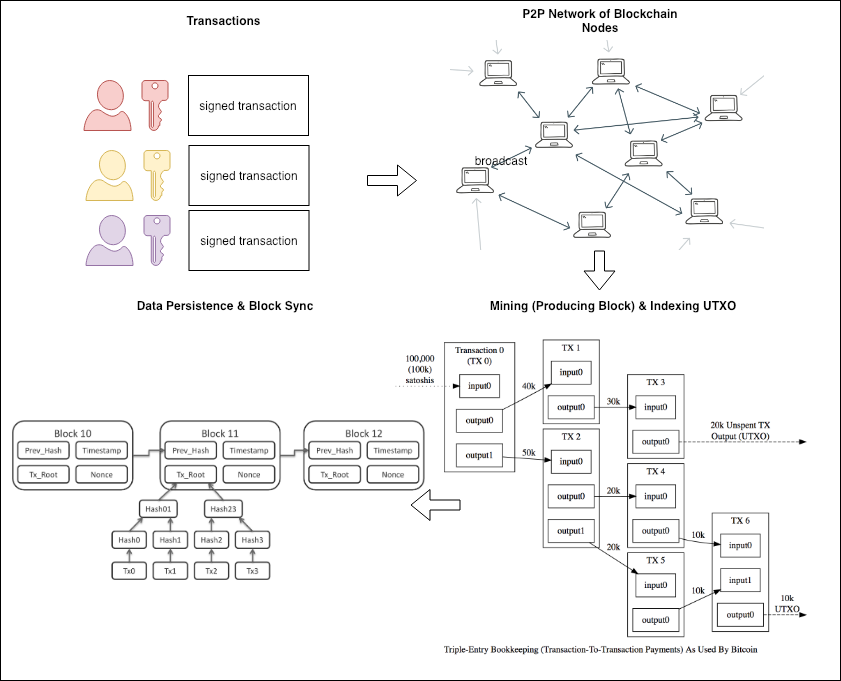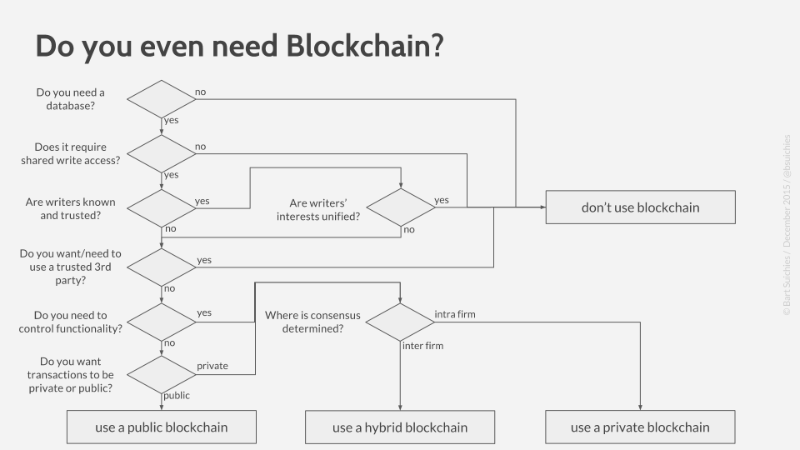30-Day Elegance and Social Fluidity Course for the Tech Professional
Welcome to your 30-day journey towards greater elegance, confidence, and social fluency! This course is designed for a smart tech professional (like you) to refine your presence and people skills in quick, 10-minute daily steps. Each week has a theme and each day includes a practice, a reflection, and an optional resource to deepen your learning. By the end, you’ll stand taller, speak smoother, and navigate social situations with ease. Let’s get started!
Week 1: Physical Presence – Poise and Confidence from the Outside In
Focus: Posture, body language, eye contact, and overall bearing. Small tweaks in how you carry yourself can make a big difference in how others perceive you and how you feel internally. This week you’ll build a strong foundation of confident body language.
Day 1: Straighten Up – Posture Awareness
Good posture is the foundation of an elegant presence. Standing or sitting upright not only makes you look more confident, it actually helps you feel more confident and energized. Research shows that upright posture can boost your mood and self-esteem, whereas slouching tends to increase stress and fear. Slumping forward is a defensive posture that signals insecurity (and even reduces lung capacity by up to 30%, meaning less oxygen to your brain). Today, you’ll become aware of your posture and practice aligning your body for poise.
- Practice (5 min): Do a quick posture check. Stand with your back against a wall so the back of your head, shoulders, and heels touch it. This is what an upright posture feels like. Now walk away and maintain that alignment – imagine a string pulling the crown of your head up. Set a timer for 5 minutes and sit or stand straight without leaning or slouching. As you work today, notice whenever you hunch over a keyboard or phone; pause and gently roll your shoulders back and down, lifting your chest.
- Reflect (2-5 min): How did it feel to sit or stand upright? Did you notice any change in your confidence or focus when you fixed your posture? Jot down one situation today where you corrected your posture and how it affected your mood or thinking.
- Optional: Read – “Science Shows Good Posture Really Does Increase Your Confidence” (Inc.) – an article explaining how posture influences your mindset. (Link: Inc. article on posture)
Day 2: Eyes Forward – Building Eye Contact
Elegant, confident people engage others with their eyes. Making appropriate eye contact shows attentiveness and self-assurance. In Western professional culture, looking someone in the eye when talking or listening is seen as polite and sincere. It helps others trust you and remember you. In fact, people are more likely to recall what you said and view you as confident and intelligent if you maintain eye contact. Today’s practice will help you get comfortable with friendly eye contact.
- Practice (5 min): During a brief conversation today (with a colleague, friend, or even a barista), consciously maintain eye contact a bit longer than you normally would. Aim to hold the other person’s gaze around 3–5 seconds at a time before naturally looking away. If you’re alone, practice by looking into your own eyes in a mirror while speaking a few lines, or watch a video of someone talking and imagine maintaining eye contact. A useful tip: try noticing the eye color of each person you speak with – it ensures you meet their eyes.
- Reflect (2-5 min): Did sustained eye contact feel easy or awkward? How did the person respond – did you sense more engagement or connection? Write a few notes. If it was uncomfortable, that’s okay – you’re building a new habit. Note any cultural instincts (for example, if you grew up avoiding eye contact with authority figures) and how you might balance those with Western norms.
- Optional: Watch – “Eye Contact Tips for Confidence” (Video) – Simple strategies to improve eye contact in conversations. (Link: YouTube – Eye Contact Tips)
Day 3: Open Up – Confident Body Language
Beyond posture and eyes, your overall body language communicates volumes before you even speak. Today, focus on keeping an open and relaxed stance. Avoid closed-off poses like hunching your shoulders, crossing your arms tightly, or keeping your head down. An open posture – arms uncrossed, chest open, standing tall – signals friendliness and confidence. By contrast, folded arms or a lowered head can inadvertently signal defensiveness or anxiety.
- Practice (5 min): Do a body language scan in a mirror. Stand as you normally do and notice your default stance. Now adjust into a more open pose: feet about shoulder-width apart, arms resting at your sides (or casually clasped behind your back), weight evenly distributed. Soften your knees and adopt a relaxed but upright posture. Practice walking around the room for a few minutes maintaining this posture – imagine you’re a confident leader striding into a room. If you catch yourself fidgeting or crossing your arms today (maybe while listening in a meeting), gently remind yourself to relax your arms and adopt an open stance.
- Reflect (2-5 min): When you opened your posture, how did your mood or energy change? Did you feel more “exposed” or more confident? Write down one observation, for example: “Noticed I often stuff my hands in pockets when nervous – will keep them at my sides next time.” Becoming aware is progress!
- Optional: Read – “How to Understand Body Language” (Verywell Mind) – Key signs of open vs. closed body positions and what they convey. (Link: Verywell Mind on Body Language)
Day 4: The Warm Smile – Expressiveness and Facial Ease
A gentle smile and a friendly expression are hallmarks of an elegant, approachable presence. Many tech geeks (and many of us, frankly) can forget our “default face” when deep in thought, sometimes coming across as stern or unapproachable. Today, practice softening your facial expression. Smiling (appropriately) not only makes others feel at ease, it can make you appear more intelligent and likable. It also helps you feel more positive by releasing tension. We’re not aiming for a constant grin, just an easy, pleasant demeanor.
- Practice (5 min): Stand before a mirror. First, relax your face completely. Then lift the corners of your mouth slightly – a subtle, natural smile. Notice how even a small smile warms your expression. Next, practice transitioning to a fuller smile that shows a bit of teeth, as if greeting someone you’re happy to see. Observe your eyes – genuine smiles (“smizing”) reach the eyes. Now throughout the day, when greeting coworkers or passing people in the hallway, flash a brief friendly smile. If you’re on video calls, remember to nod and smile when appropriate.
- Reflect (2-5 min): How conscious were you of your facial expression today? Did intentionally smiling change any interactions? Note if people seemed to respond more warmly. Also reflect on how you felt – sometimes smiling can actually lift our own mood. Jot down one scenario (like “smiled and said hi to the security guard, got a big smile back – felt good!”).
- Optional: Read – “The Effect of Smiling on Person Perception” – Summary of research finding that smiling people are seen as more approachable and even more intelligent. (Link: Taylor & Francis Online)
Day 5: Move with Poise – Graceful Movement
How you move is as important as how you stand. Jerky, rushed movements can undermine an elegant impression, while controlled, deliberate movements exude calm and confidence. Think of classic “poise” – it’s in the way you walk, reach for objects, or gesture. Today’s goal is to inject a bit more mindful grace into your motions. This doesn’t mean being slow or pretentious; it means not crashing into chairs or nervously twitching.
- Practice (5 min): Take a short “mindful walk” around your office or home. Pay attention to your pace and posture as you walk. Try to walk just a tad slower than usual, with a smooth, even stride. Imagine balancing a book on your head to keep your head level and posture tall (this old trick actually works!). Also, practice a simple action like picking up a coffee mug or typing, but do it with 10% more calm and deliberation than usual. If you tend to fidget (tapping your foot or pen), catch yourself and take a deep breath to still that movement.
- Reflect (2-5 min): Did slowing down and moving deliberately make you feel different? Many people notice they feel more in control. Note one change you observed – for example, “When I walked slightly slower into the meeting room, I felt less anxious and people actually looked up and acknowledged me.” Also, note any awkward moments (bumped a desk, etc.) and how you corrected your movements.
- Optional: Watch – “Body Language Expert Explains How to Show Confidence” (Wired video) – Former FBI agent Joe Navarro demonstrates confident movement and gestures. (Link: YouTube/Wired)
Day 6: First Impressions – Greetings and Introductions
Today, we’ll tie together your posture, eye contact, and smile into the simple act of greeting someone. A confident handshake (if appropriate), a clear greeting, and good eye contact form an elegant first impression. Research suggests people form impressions within seconds, and 55% of that impression can be based on appearance and body language. So let’s make those few seconds count. You’ll practice introducing yourself as if meeting a new colleague, focusing on your physical presence.
- Practice (5 min): Imagine meeting someone new at work (or actually do this with a coworker you don’t know well). Practice a firm but not crushing handshake: web of your hand meets the web of the other’s, one or two confident pumps. At the same time, smile gently and make eye contact. Say “Hello, I’m [Your Name]” in a clear, upbeat tone. If you don’t usually introduce yourself, practice this out loud a few times alone. Also rehearse a polite nod or head bow if handshakes aren’t customary – the key is to acknowledge the person warmly. You can even practice handing over a business card or swapping names in a mirror to see your body language.
- Reflect (2-5 min): How do you feel about your greeting now? Write down which element is strongest (perhaps you smile easily) and which to improve (maybe speak louder, or shake hands more firmly). If you actually introduced yourself to someone new or greeted a stranger in the elevator, note what went well or felt awkward. Each first impression is practice for the next!
- Optional: Read – “Making the Most of First Impressions” – Tips on confident handshakes, eye contact, and body language in the first 7 seconds. (Link: Glatfelter Insurance Blog)
Day 7: Reflection & Milestone – One Week of Presence
Congratulations on completing Week 1! By now, you’ve likely become more aware of your posture and how you carry yourself. Today, consolidate those gains.
- Practice (5 min): Re-do the Day 1 wall posture exercise and compare how it feels now. Then take a short video of yourself (10 seconds) walking across a room, turning, and saying hello (you can pretend to greet an imaginary person). This is just for you – to objectively see your progress. Stand tall, smile, and use a friendly tone in the video.
- Reflect (5 min): Play back the video. Do you notice improvements in posture or eye contact compared to how you think you looked a week ago? Write a short journal entry about Week 1: What changes have you noticed in your physical presence? Perhaps you catch yourself slouching less or feeling more confident making eye contact. Also note how these physical changes affect your mental state (e.g., feeling slightly more confident or calm in meetings). This is a milestone – celebrate it!
- Optional: Read – “Heads Up! Good Posture Helps Your Mood and Confidence” – a short Psychology Today piece reinforcing what you’ve practiced this week. (Link: Psychology Today)
Week 2: Verbal Communication – Clarity, Warmth, and Small Talk Savvy
Focus: Voice tone, speaking clearly, active listening, and conversation skills (including small talk). This week you’ll work on how you speak and interact verbally, building confident expression and social ease in one-on-one or small group settings. Great verbal communicators are made through practice, not born. Let’s start building those skills!
Day 8: Find Your Voice – Tone and Volume
Your voice is a powerful tool. Speaking in a clear, steady tone (not too soft, not a monotone) instantly makes you sound more confident and elegant. A well-controlled voice – “vocal presence” – can transform the impact of your message. Today, focus on breathing and supporting your voice to come out strong and clear.
- Practice (5 min): Start with a quick breathing exercise: sit or stand up straight, inhale deeply through your nose for 4 counts, feeling your belly expand (diaphragmatic breathing), then exhale for 6 counts. Do this 3–4 times to relax and support your voice. Next, read a few sentences from a book or article out loud. Concentrate on speaking slowly and clearly, with enough volume to fill the room (or at least so someone 10 feet away could hear). Pretend you’re explaining something to someone in the back row. Pay attention to enunciating consonants. Bonus: Warm up your vocal tone by humming for 30 seconds before reading – it resonantly warms your throat.
- Reflect (2-5 min): How does your voice sound to you when you focus on breathing and clarity? Did you notice a difference (perhaps louder or steadier)? Jot down how confident or hesitant you felt speaking out loud. If possible, record your voice on your phone for half a minute and listen back – hearing yourself can be eye-opening. Note one aspect you like (e.g. “my voice is pleasantly soft”) and one to improve (“could speak a bit louder in meetings”).
- Optional: Watch – Julian Treasure’s TED Talk: “How to Speak So That People Want to Listen” – Great insights on voice (pace, pitch, etc.) from a communication expert. (Link: TED Talk – Julian Treasure)*
Day 9: Clear and Concise – Ditch the Filler Words
Fillers like “um,” “uh,” “you know,” and “like” can undercut an otherwise elegant impression. Polished speakers use pauses instead of fillers, making their speech sound thoughtful and confident. Today’s goal is to become aware of filler words and practice replacing them with a brief silence. Remember, a pause may feel long to you, but it feels natural to listeners – and it sounds much more composed than “ummm.” As experts note, embracing a pause is a key technique to eliminate crutch words.
- Practice (5 min): Choose a simple topic (for example, “what I did last weekend” or a project at work) and speak about it extemporaneously for one minute. As you do, consciously slow down and whenever you feel an “um” coming, just pause briefly, then continue. It’s okay if you pause a lot; the goal is to get comfortable with silence. Another trick: try counting one, two silently in your head instead of saying “um” when you need to think. If possible, practice this in a low-stakes situation today – perhaps when a colleague or friend asks you a casual question, take a small breath instead of filling space with “so…”.
- Reflect (2-5 min): Was it hard to cut out the filler words? Many of us use them unconsciously. Write down which filler you use most (did you catch yourself saying “like” or “you know” often?). Also note how your speech sounded with intentional pauses – maybe slower but more authoritative. This awareness is progress! Over time, you’ll start hearing yourself in real conversations and can gently self-correct.
- Optional: Read – “How to Stop Saying ‘Um,’ ‘Ah,’ and ‘You Know’” (HBR) – Quick tips on reducing verbal fillers by pausing and breathing. (Link: HBR article on filler words)
Day 10: Color Your Speech – Expressiveness and Emphasis
Now that you’re speaking clearly, let’s add some life to your voice. An elegant communicator doesn’t drone in a monotone; they vary their pitch and emphasis to keep listeners engaged. Today, practice adding emphasis to key words and using intonation (up and down modulation) to convey enthusiasm or nuance. Think of how you can say the same phrase in different tones – for example, “I really appreciate your help” can sound sincere with the right emphasis, or sarcastic with the wrong one. We want sincere 😄.
- Practice (5 min): Pick a sentence (for example: “This is a great opportunity for our team.”) and say it out loud 3 ways: once with excitement, once with neutrality, and once with seriousness – notice how tone changes the feel. Next, read a paragraph from a novel or news article aloud and underline or stress important words as you speak (“important words” like this). Also practice ending sentences firmly (downward inflection) for statements, and upward inflection for friendly questions. If you tend to speak in a flat tone, intentionally raise your pitch slightly on a positive statement to sound more upbeat. Conversely, if you speak too high or uptalk (turn statements into questions), practice a relaxed, level drop at the end of sentences to sound more confident.
- Reflect (2-5 min): Note any discoveries: Did emphasizing certain words feel awkward or make the message clearer? How about your pitch – do you suspect you speak too high, too low, or just right? Reflect in your journal: “I tried lowering my voice at ends of sentences – sounded more confident.” or “When I put more energy in my tone, I felt a bit silly, but coworkers seemed to respond positively.” This awareness will help you adjust your natural speaking style.
- Optional: Watch – “5 Techniques to Speak with Confidence” (Video) – A communication coach covers pacing, tone, and emphasis to sound more engaging. (Link: YouTube – “Speak with Confidence” by Alex Lyon)
Day 11: The Art of Listening – Active Listening Basics
Elegant communication isn’t just about how you talk – it’s equally about how you listen. Being a good listener makes others feel valued and comfortable around you, which is key to social fluidity. Today, we focus on active listening: giving your full attention, nodding or giving small “mm-hmm” cues, and summarizing what you heard. Studies show active listeners are perceived as more competent and likable, and it’s a core skill in emotional intelligence.
- Practice (5-10 min): In your next conversation today (it could be a work discussion or a chat with a friend), practice active listening. This means: put away distractions (phone down, eyes on the speaker), nod or say “I see” at appropriate moments, and after they finish, paraphrase one of their key points (“So, you’re saying that the timeline is tight, but you have a plan to manage it, right?”). If you don’t have a suitable live conversation today, use a podcast or YouTube video: listen to a 2-minute segment of someone speaking, and then summarize aloud what they said as if you are responding.
- Reflect (2-5 min): How did it feel to deeply focus on listening rather than planning your reply? Write down one thing you noticed – perhaps you caught details you’d normally miss, or the speaker responded positively when you echoed their thoughts. If you paraphrased someone’s point, how did they react? Many will show relief or enthusiasm that you got it. Note: If it felt unnatural to paraphrase aloud, that’s okay; even silently summarizing others’ points in your mind can improve concentration.
- Optional: Read – “What Is Active Listening?” (HBR) – Highlights the benefits of active listening and tips to practice it. (Link: HBR – Active Listening)
Day 12: Small Talk Starter – Breaking the Ice
Time to tackle small talk, that seemingly trivial chatter about weather, weekends, or the latest Netflix show. For a self-described geek, small talk might feel superficial or awkward. But it’s a social grease – a way to build rapport and transition into deeper connections. The good news: small talk is a skill you can practice and even script initially. Also, it has hidden benefits – studies find that regularly chatting with a variety of people (even strangers or acquaintances) can boost happiness. Today you’ll prepare a go-to arsenal of light topics and questions, so you’re never at a loss for words in casual encounters.
- Practice (5 min): Prepare 3 simple small-talk questions or topics that you can pull out in common situations (at the coffee machine, before a meeting starts, while waiting for a shuttle, etc.). For example: (1) “Did you do anything fun over the weekend?” (or for Monday, “How’s your week going so far?”), (2) a comment about the environment: “This office is freezing today, isn’t it?” or “I love that laptop sticker – are you a Star Wars fan?”, (3) a current non-controversial event: “Have you seen the new Marvel movie?” or “I heard the local festival is this weekend, ever been?”. Write your three go-to openers on a sticky note. Bonus: Use one today! Initiate a 2-3 minute chat with a colleague or a neighbor using one of your prepared openers. Remember to smile and use the listening skills from Day 11.
- Reflect (2-5 min): How comfortable or awkward did it feel to start a light conversation? If you used one, note the response (maybe you learned a colleague loves hiking or your neighbor is also into a TV show). If you didn’t get a chance, reflect on which opener you could have used in a situation that passed (e.g., you rode the elevator with the CEO and realized afterward you could have commented on the company picnic). Write any small talk topic that seemed to click – you can reuse it. Over time these will become natural.
- Optional: Read – “How to Make Small Talk in English – 100 Questions & Examples” (Berlitz Blog) – An extensive list of small talk ideas and when to use them, great for a non-native English speaker to build confidence. (Link: Berlitz Small Talk Guide)
Day 13: Join the Conversation – Group Dynamics
Navigating a group conversation can be intimidating, especially if you’re more comfortable one-on-one or talking about work topics only. Today, we focus on social fluidity in group settings – like lunch with colleagues or a small networking event. Key skills: finding a natural moment to join in, and reading the room for when to speak vs. listen. A simple tactic is to listen for a topic you can relate to, then contribute a light comment or question. Also, don’t worry about dominating the talk – being a good listener in a group is just as important.
- Practice (time varies): If possible, put yourself in a group chat situation today – maybe join coworkers at lunch or a short team coffee break (even a virtual group chat or Slack channel can work for practice). Observe the flow for a minute, then chime in at an appropriate gap. For example, if people are chatting about a show or sport you know, you might say, “I just started that series too – it’s awesome!” or ask, “Who’s your favorite character so far?” If you have no knowledge of the topic, you can still participate by asking a question (“I haven’t seen that yet – would you recommend it?”). The goal is to participate at least once. If a live group isn’t an option today, simulate by listening to a roundtable discussion (or a group podcast) and practice mentally formulating what you could say next.
- Reflect (5 min): Group dynamics reflection: Did you manage to insert yourself into the conversation? How? Write down the scenario and what you said. If you stayed quiet, analyze why – did you feel you’d interrupt? (In that case, remember many people welcome new input – sometimes you have to assert a little.) Perhaps you felt out of the topic – maybe next time you’ll ask a question to learn. Note one thing you did well (e.g., “I listened and laughed at the right times, so even if I spoke little, I was part of the group”) and one thing to try next time (“I’ll prepare one anecdote to share if they talk about weekend plans”).
- Optional: Read – “The Ultimate Guide to Joining Group Conversations” – Tips on how to smoothly enter and contribute to an ongoing group chat without feeling awkward. (Link: Become More Compelling – Group Conversations)*
Day 14: Reflection & Milestone – Communication Skills
Two weeks down! You’ve worked on both talking and listening. It’s time to reflect on your verbal communication progress. By now, you might notice you say “um” less in meetings, or you’ve successfully had a few pleasant small talk exchanges. Maybe you feel braver chiming in with your ideas. Let’s consolidate that progress.
- Practice (5 min): Have a mini conversation review with yourself. Think of a recent interaction this week – perhaps a meeting, a casual chat, or a phone call. Re-play it in your mind and consider: How was my tone? Did I speak clearly? Did I listen well and respond? If possible, find a quiet spot and speak out loud a segment of that conversation the way you wish it had gone. (For example, re-state your points from a meeting more succinctly, or practice the small talk you could have made at the elevator.) This “rehearsal after the fact” helps reinforce good habits.
- Reflect (5 min): Write a short summary of improvements in your communication. Some prompts: Do you feel more confident speaking up? Are you pausing instead of saying “um”? Did someone respond positively to your listening or your small talk? Also note any compliment or feedback you received (maybe a colleague said “Good point!” in a meeting – that counts as positive feedback). Finally, list one speaking habit and one listening habit you want to keep developing in the coming weeks. This is your Week 2 milestone – you�’re likely noticeably more communicative and at ease than Day 1.
- Optional: Read – “Why Small Talk Is Not So Small” – A short piece on the benefits of casual conversations in building relationships (and even creativity). (Link: Harvard Business Review Blog)
Week 3: Emotional Fluency – Self-Awareness and Empathy
Focus: Tuning into emotions (both yours and others’), managing stress, and showing empathy. This week’s practices are a bit more introspective – they involve mindfulness and reflection to build your emotional intelligence. The goal is to be calm and authentic under pressure and to connect with others on a human level (geeks have feelings too!). Emotional fluency will make your elegance genuine, not just an act.
Day 15: Know Thyself – Mood Check-Ins
Emotional self-awareness is the cornerstone of emotional intelligence. To navigate social situations gracefully, it helps to recognize your own feelings as they arise. Are you nervous? Excited? Frustrated? Today’s exercise is about naming and acknowledging your emotions in real-time, which reduces their grip. Studies show that regularly reflecting on emotions (like through journaling) improves mood and emotional clarity.
- Practice (2 min, multiple times): Set a quiet alarm or reminder 2–3 times today (for example, mid-morning, afternoon, and evening). When it goes off, pause and ask yourself: “What am I feeling right now?” and “Why?” It could be as simple as “I’m a bit anxious because I have a deadline,” or “I feel relaxed after lunch.” If you can, jot a one-line note in a memo or journal each time, naming the emotion and one cause. Don’t judge the feeling – just note it. This is a mini emotional check-in.
- Reflect (5 min): At day’s end, review your notes. What range of emotions did you observe? Perhaps you noticed stress peaks or that you’re generally more content than you thought. Write a short entry: “Today I felt [X] when [Y].” Just this act increases self-awareness. Over time, you may start spotting emotional patterns (e.g., morning anxiety or end-of-day fatigue) and can address them. By knowing your emotional state, you can better manage your reactions (an elegant person doesn’t fly off the handle or withdraw without understanding why).
- Optional: Read – “The Power of Journaling for Mental Well-Being” – how writing about feelings can reduce stress and improve self-awareness. (Link: ChildMind Institute – Benefits of Journaling)
Day 16: Tame the Triggers – Handling Social Anxiety
Think about situations that make you feel socially awkward or stressed. Perhaps walking into a networking event full of strangers, or small talk in a foreign language, or receiving criticism. These are emotional trigger moments when it’s easy to retreat or overreact. Today, you’ll identify one or two of your triggers and plan a calming strategy. Knowing your triggers in advance helps you stay composed when they happen.
- Practice (5 min): In your journal, list 1–2 social situations that typically make you uncomfortable or anxious. Be specific (e.g., “When I have to make small talk with senior managers” or “When someone gives me sudden critical feedback on my code”). For each trigger, brainstorm one coping technique. Examples: If networking events trigger anxiety, your plan could be “Take 3 deep breaths and remind myself I belong here, then approach one person.” If feedback makes you defensive, plan “Pause, count to three before responding, and say ‘Thank you for the feedback’ first.” Writing this down cements it.
- Reflect (5 min): Visualize yourself in one of those triggering scenarios using your coping strategy. How do you imagine it will help? Jot down your confidence level about it. For instance, “Imagining the next meetup: I’ll feel nervous, but my deep breathing and prepared questions will give me something to focus on.” Acknowledging triggers without shame and preparing for them is a huge step in staying emotionally fluent and elegant under pressure.
- Optional: Read – “Know Your Triggers: Tips from a Social Anxiety Coach” – Advice on recognizing and managing anxiety triggers in social settings. (Link: Psychology Today or similar)
Day 17: Walk in Their Shoes – Practicing Empathy
Empathy – the ability to understand and share the feelings of others – is a social superpower. It helps you connect deeply and respond gracefully. As a logical techie, you might sometimes default to problem-solving instead of empathizing (e.g., jumping to fix a colleague’s issue rather than first saying “That sounds frustrating”). Today’s exercise builds empathy by consciously imagining others’ perspectives and feelings. Interestingly, research suggests that reflecting on emotions (like in a journal) can also boost empathy. So let’s flex those empathy muscles.
- Practice (5-10 min): Think of someone in your life you interact with regularly – perhaps a coworker or friend – who is going through something (big or small). Spend a few minutes writing a short imaginary journal entry from their perspective. For example, if your coworker seemed annoyed in a meeting, write what you guess they might be feeling: “I’m [Name]. I’m feeling overwhelmed because my project is behind. When [you] asked me about the report, I got irritated because I’m stressed.” You might be wrong, but the act of perspective-taking is what counts. If writing isn’t your thing, you can do this as a mental exercise – sit quietly and truly imagine what that person might be feeling and why.
- Reflect (2-5 min): How easy or hard was it to step into someone else’s shoes? Note one insight or hypothesis you have about that person’s inner experience. You might realize, “Hey, they have pressures I wasn’t considering.” The next time you talk to them, you can check in (“How are things going? You seemed a bit under pressure yesterday.”). Empathy often simply means acknowledging someone’s feelings. If comfortable, also reflect on whether you allow yourself to express empathy openly – for instance, do you say things like “I understand, that sounds tough” when someone shares a struggle? If not, you can practice that phrasing.
- Optional: Watch – Brené Brown’s short animation “On Empathy” – A 3-minute video that beautifully explains how to be empathic (versus just sympathetic) and why it matters. (Link: YouTube – Brené Brown on Empathy)
Day 18: Keep Your Cool – Breathing for Calm
Grace under pressure is a hallmark of an elegant demeanor. When a stressful moment hits – say your demo crashes in front of the team or someone makes an irritating comment – your ability to stay calm and think clearly will shine. One of the simplest and most effective tools for this is controlled breathing. Deep breathing engages the parasympathetic nervous system (the “calm down” signal for your body) and can noticeably reduce anxiety in minutes. Today, you’ll learn a quick breathing technique to use anytime you feel nerves or anger rising.
- Practice (5 min): Try the “4-7-8” breathing exercise (a popular calming technique). Here’s how: Inhale through your nose for a count of 4, hold your breath for a count of 7, then exhale slowly through your mouth for a count of 8. As you exhale, perhaps purse your lips or make a soft “whoosh” sound. Repeat this cycle four times. (If the counts are too long at first, you can do 4-4-6 or whatever feels comfortable, then work up to 4-7-8.) After doing this, notice your heart rate and any release of tension. Another option: Box breathing – inhale 4, hold 4, exhale 4, hold 4, repeat – which some Navy SEALs use to stay calm under extreme stress. Find which technique feels good for you.
- Reflect (2-5 min): Do you feel calmer or more centered after these breaths? Write down when you might use this in real life. For example: “Before giving an update in the big meeting, I’ll do 4-7-8 quietly in the restroom.” or “If I get angry at a coworker’s comment, I’ll subtly do a few box breaths to avoid snapping.” By planning this, you’re more likely to remember it in the heat of the moment. Note: Deep breathing is like a reset button – the more you practice in low-stress times, the easier it kicks in during high-stress times.
- Optional: Read – “Research: Why Breathing Is So Effective at Reducing Stress” (HBR) – The science behind breathing exercises and stress, with a study noting breathing as the most immediately effective stress relief technique. (Link: HBR – Breathing and Stress)
Day 19: Graceful Under Fire – Responding vs. Reacting
Today’s focus is on managing emotional reactions. Even with breathing and awareness, you may still encounter situations that provoke you (e.g., someone critiques your work unfairly or a friend cancels plans last-minute). The key is to respond thoughtfully, not react impulsively. A helpful rule: if you feel a surge of anger or hurt, pause and take at least a few seconds (or longer) before replying. In that pause, identify what you’re feeling (“I’m upset because…”) and decide on a response that aligns with your composed, respectful self.
- Practice (5 min): Think back on a recent incident where you felt upset or defensive. Maybe a code review comment that felt harsh, or a friend joked about something personal. In your journal, briefly describe the scenario and how you reacted. Then rewrite how you wish you had responded. For example: Scenario: Manager criticized your design in front of team -> Reaction: you got defensive and curt -> Ideal Response: “I hear your concerns. Let’s discuss offline how I can improve it.” By scripting an ideal response after the fact, you train your brain for next time. If nothing recent comes to mind, imagine a common scenario (like someone cutting you off in traffic or a colleague interrupting you) and script a calm response.
- Reflect (5 min): What difference would your “ideal response” have made in that situation? Likely it would shorten conflict and preserve your image as calm and respectful. Note in your journal any patterns: do certain situations always trigger you to react ungracefully (e.g., you tend to send snippy emails when stressed)? Awareness + a pause is your formula. Write down a simple mantra to remember, like “Take a pause, then respond.” This can be a mental Post-it note for future incidents.
- Optional: Read – “How to Stay Calm During Conflict” – Tips on responding rather than reacting, possibly from an EQ or leadership blog. (Link: Mind Tools or Verywell Mind article on anger management)
Day 20: Share a Bit of You – Authentic Expression
Elegance doesn’t mean being emotionless. In fact, showing appropriate emotion (warmth, enthusiasm, concern) makes you genuine and likable. By now you’ve practiced controlling negative reactions, but don’t swing to the other extreme of being robotic. Today, practice expressing positive feelings or vulnerability in a measured way. Maybe it’s giving a compliment, or saying “I’m a bit nervous” to a friend before a presentation (which can humanize you). Emotional fluency includes letting others see your human side.
- Practice (optional timing): Find an opportunity to express a positive emotion or appreciation to someone today. For example: “I really enjoyed our conversation, thanks for that.” or “I appreciate how patient you were helping me debug.” If you’re leading a meeting, you might say, “I’m excited about these results” if you are. The key is to verbalize a feeling or gratitude that you would normally keep inside. Alternatively, if you feel comfortable, share a small vulnerability with a trusted colleague or friend: “I’m actually a bit anxious about the upcoming demo – fingers crossed it goes well.” Said with a smile, this can invite camaraderie.
- Reflect (5 min): How did it feel to share that compliment or personal comment? Did the other person react positively? Often, showing a little warmth or vulnerability strengthens relationships – note any evidence of this (did they smile, reciprocate, or open up themselves?). If you didn’t get a chance or forgot, plan for tomorrow – jot a reminder like “Tell John I liked his presentation style.” Recognizing others’ feelings and sharing yours in a constructive way is the glue of empathy and connection.
- Optional: Watch – “The Power of Vulnerability” (Brené Brown TED Talk) – If you have time on a weekend, this famous talk delves into how vulnerability is integral to authentic connection. (Link: TED Talk – Brené Brown)*
Day 21: Reflection & Milestone – Emotional Growth
Three weeks in – take a moment to appreciate how far you’ve come internally. By now you’ve likely become more attuned to your feelings and those of others. Maybe you handled a stressful situation this week by pausing or breathing, where before you might have panicked or snapped. Perhaps you’ve noticed you empathize more (even something like noticing when a coworker is down and offering a kind word). Today, consolidate these emotional intelligence gains.
- Practice (5 min): Look back at your notes from Days 15–20. On a fresh page, write a short list titled “My Emotional Intelligence Wins (Week 3)”. List at least 3 things, big or small. For example: “1. Caught myself getting anxious and used deep breathing to calm down before presenting. 2. Noticed Jane was quiet in the meeting and checked in with her after – she appreciated it. 3. Instead of arguing with my roommate about the dishes, I paused and explained calmly how I felt.” These are all wins.
- Reflect (5 min): Read your list and reflect: how is increased emotional awareness impacting your daily life? Do you feel any difference in stress levels or relationships? Write a few sentences. You might note, “I feel less overwhelmed by criticism now – I can step back and stay cooler.” or “I’m finding people open up to me more, maybe because I’m listening/empathizing better.” This is the heart of social grace: managing your emotions and caring about others’. Pat yourself on the back for the progress. Identify one emotional-skill area to keep an eye on (e.g., “I will continue practicing patience when under pressure”).
- Optional: Read – “Emotional Intelligence at Work” – An article on how self-awareness and empathy improve professional relationships (could be HBR or an ATD article).
Week 4: Personal Style and Cultural Fluency – Polishing the Outside and Inside Fit
Focus: This week, we’ll address outer style (grooming and attire appropriate to your context) and cultural nuances of Western social norms. As a Chinese geek in Silicon Valley, you blend two cultures – you don’t need to become someone else, but understanding norms around personal space, conversational style, and dress code will help you navigate smoothly. Think of this week as refining the details that enhance first impressions and prevent cultural misinterpretations. Small changes in appearance and etiquette can elevate your elegance while still feeling like you.
Day 22: Grooming Check – Neat and Presentable
Elegance starts with basic grooming. Being well-groomed doesn’t mean flashy – it means clean, neat, and attended to. People do notice details like wrinkled clothes, unkempt hair, or hygiene issues, even in a casual tech environment. Today, take a quick personal grooming inventory and spru ce up anything that might need attention. The goal is to ensure nothing about your grooming distracts from the confident, professional you.
- Practice (5 min): Stand in front of a mirror (full-length if possible) and scan from head to toe. Check: Is your hair tidy or in need of a cut/trim? Do you appear clean-shaven or is facial hair groomed (if applicable)? Are your nails clean and trimmed? Is your shirt clean and unwrinkled? Shoes in decent shape? For each, make any immediate fixes you can (e.g., quickly comb hair, use a lint roller on your shirt). Then make a to-do list of grooming tasks: perhaps “Schedule a haircut this week”, “Buy an iron or use the ironing function on the dryer for shirts”, “Trim beard tonight”. Also consider things like moisturising dry skin or using a light cologne (not too strong) if you want. These little touches can make you feel more put-together.
- Reflect (2-5 min): How much effort do you currently put into grooming? Write down if there were any surprises (maybe you hadn’t noticed your shoes were scuffed or that your hairstyle might need updating). How do you feel when you’re freshly showered, hair in place, clothes neat? Many people feel a confidence boost. Jot a note on how you will maintain a grooming routine – for instance, “will set out a clean outfit every night” or “book grooming appointments at regular intervals.” This ensures you consistently present your best self.
- Optional: Read – “Professional Grooming Tips for Men/Women in Tech” – A short checklist from an image consultant on grooming in a casual workplace (like keeping nails tidy, etc.). (Link: A blog or LinkedIn article on tech professional appearance)
Day 23: Dress the Part – Tech Chic Wardrobe
Silicon Valley famously embraces hoodies and t-shirts, but there’s a way to dress comfortably and elegantly. Your goal isn’t to wear a suit to code (that would be overkill in most tech cultures), but to ensure your clothing fits well, is clean, and aligns with a “polished casual” look. A good rule: dress one small notch above the most casual person around you – it shows respect and self-care without sticking out. Today, evaluate your wardrobe choices at work.
- Practice (10 min): Open your closet and do a quick audit of your typical work attire. Pick out 2–3 “go-to” outfits that you feel both comfortable and confident in. For example, dark well-fitted jeans or chinos + a collared shirt or neat polo + clean sneakers or loafers. Maybe a blazer or cardigan for layering. Check each item’s condition: no stains, holes, or excessive wrinkles. Try on one outfit and look in the mirror: does it fit well (not too baggy or overly tight)? Fit makes a huge difference – if needed, consider tailoring a couple of pieces or buying one new well-fitted item. Assemble tomorrow’s outfit now with these principles: appropriate, neat, and a touch elevated (e.g., swap the geeky graphic tee for a plain or subtly patterned shirt under your hoodie).
- Reflect (5 min): How do you feel about your style? Some geeks resist focusing on clothes, but note that dressing well is not vanity – it’s part of personal branding and can even affect how seriously your ideas are taken. Write down one improvement you’ll make, like “wear a collared shirt twice a week instead of all t-shirts” or “upgrade my sneakers to a sleeker pair for work.” Also note if there’s a piece of clothing you love that expresses your personality while still looking professional (maybe a cool watch or a unique jacket) – plan to incorporate that. When you dress in a way that makes you feel confident, it shows.
- Optional: Read – “Silicon Valley Business Casual: Dress for Success” – Tips on assembling a tech-appropriate yet polished wardrobe (e.g., well-fitting jeans, collared shirts, clean shoes, etc.). (Link: Global Image Group – Silicon Valley Casual)
Day 24: The Finishing Touch – Style Details
Today, pay attention to the details of your personal style. Little things can elevate or detract from an elegant image. Are your colors coordinated? Is your belt matching your shoes? For women, is your makeup office-appropriate (if you wear any)? For men, are your shirt and pants properly lengthened (sleeves to wrist, pants not dragging)? This might sound fussy, but once you set these basics, they become effortless. It’s like debugging code formatting – do it once, benefit daily 😄.
-
Practice (5 min): Stand in front of the mirror in your chosen outfit (perhaps the one you picked yesterday). Check a few detail points:
- Fit & Posture in outfit: Stand straight – do the clothes hang well? (No frumpy excess fabric or buttons about to pop.)
- Colors: Are you wearing more than one bright color or loud print? If so, consider toning it down to one statement piece and keep the rest neutral. Simpler palettes often look more elegant.
- Shoes & Belt: If you’re wearing dressier shoes and a belt, they should be roughly the same color family (brown belt with brown-ish shoes, black with black). If sneakers, are they clean?
- Accessories: Is your watch or any jewelry minimal and professional? Less is more here.
- Bag: If you carry a backpack or laptop bag, is it in decent condition (no frayed straps, etc.)? Make any quick adjustments (tuck in shirt properly, change belt if clashing, wipe shoes). If you realize you lack a certain basic (like a plain belt or tidy shoes), note it for future shopping.
-
Reflect (5 min): Did you discover any style detail you often overlook? Maybe matching socks or ironing collars. Jot it down and commit to being mindful of it. Also reflect on how attending to your style makes you feel – it isn’t about vanity, it’s about self-respect and feeling prepared. You might write, “Noticed I feel more ‘put together’ when my outfit matches well – makes me a bit more confident to speak up.” In truth, when you aren’t worrying about how you look, you free your mind to focus on the conversation or task at hand.
-
Optional: Read – “Dress for Confidence – Why It Matters” – an article or blog post on how attire affects self-perception and how others perceive your competence. (Link: Business Insider piece on first impressions or similar)
Day 25: West Meets East – Cultural Body Language and Space
Now let’s delve into cultural fluency. As someone from a Chinese background working in the West, you’ve probably noticed some differences in body language and personal space. For example, in American culture, direct eye contact and a firm handshake are seen as confidence, whereas you know in China prolonged eye contact or a very firm handshake with elders might be considered disrespectful. Neither is right or wrong – just different norms. Today, focus on personal space and body language norms in Western contexts so you can adjust when needed.
-
Practice (5 min): Recall a situation where cultural norms confused you. Perhaps an American colleague stood very far or very close, or you weren’t sure whether to hug or just shake hands at a social gathering. Jot a quick note of one scenario. Now, review these common Western norms:
- Personal space: In the US and many Western cultures, people generally stand about an arm’s length (2–3 feet) apart when conversing, especially in professional settings. Closer is reserved for close friends/intimates. Practice this distance: stand and imagine someone in front of you – adjust to roughly arm’s length.
- Touch: Aside from handshakes or an occasional friendly pat on the back, Americans typically don’t touch much in professional contexts. Hugs are for friends/family or perhaps close colleagues, but usually not at first meeting.
- Eye contact: As covered, looking into the eyes is a sign of engagement here. Practice maintaining that comfortable eye contact as you speak, even if it’s not your default.
- Facial expressiveness: Westerners might expect nods or smiles to show you’re listening. If you keep a very neutral face (common in some Asian cultures for respect), it might be misinterpreted as disinterest. So remember to give those small feedback signals like “mm-hmm,” nodding, or smiling when appropriate.
-
Reflect (5 min): Write one or two cultural differences that you aim to be mindful of. For example: “I will remember to give colleagues a bit more personal space; I noticed I sometimes stand closer out of habit.” Or “I’ll make sure to nod or verbally respond during conversations so they know I’m engaged.” Also, feel free to note any Western norm you still find odd or challenging – awareness is half the battle. By adapting to local norms while still being true to yourself, you demonstrate cultural intelligence, which is a facet of elegance in global workplaces.
-
Optional: Read – “Communication Styles Across Cultures” (Think Cultural Health PDF) – Especially the sections on eye contact and personal space, which compare Asian and Western expectations. (Link: ThinkCulturalHealth – Communication Styles PDF)
Day 26: Conversational Customs – Western Etiquette and Idioms
Continuing cultural fluency, let’s tackle conversational style. Perhaps you’ve noticed Americans can be more direct in saying “no” or in giving feedback, whereas Chinese communication might use more subtle hints to preserve face. Also, there are many English idioms and casual phrases that might puzzle non-natives (“break the ice,” “hit the ground running,” etc.). Today is about aligning with Western conversational etiquette while enriching your idiom vocabulary, so you can engage fluidly and catch nuances.
-
Practice (10 min):
- Politeness and Directness: Westerners generally say “please” and “thank you” a lot in daily requests. Make sure you pepper those in (e.g., “Could you please send me that file? Thanks!”). But they may also be more blunt in disagreements or saying no – understand that a direct “I disagree” is not usually meant to offend, just norm. Practice saying a polite but direct refusal or opinion in English: “I’m afraid I can’t attend that meeting” (instead of a vague excuse), or “I see your point, but I have a different perspective…” This will feel more authentic to your colleagues.
- Learn 2–3 Idioms/Slang: Pick a couple of common phrases you’ve heard or read but aren’t totally comfortable using. For example: “break the ice” (start a conversation), “up to speed” (fully informed), “ballpark figure” (rough estimate). Look up their meanings if needed. Try writing a sentence with each. Also note any common small talk responses: when someone says “How’s it going?”, the expected answer is short and positive (“Good, and you?”) – it’s a greeting, not an actual inquiry into health. If someone jokes or uses sarcasm, note that a friendly laugh or witty reply is appropriate; if unsure, a smile works.
-
Reflect (5 min): Jot down the idioms you learned or any direct phrases you practiced. Do you feel comfortable being more direct in English than you would in Chinese? It’s okay if it feels a bit blunt – you can be direct and polite. Also, list any American habits you find yourself adopting (like saying “hey, how are ya?” as a greeting). Embracing some local customs will make social interactions smoother. Finally, remind yourself that you’re bicultural – you can switch modes as needed. That flexibility is a strength!
-
Optional: Read – “Cross-Cultural Etiquette: 5 Differences between Chinese and American Communication” – e.g., attitudes on saying “no,” giving feedback, small talk topics (sports, weekend plans in US vs. maybe not in China), etc.. (Link: Intercultural communication blog post or Quora answer on Chinese vs American business etiquette)
Day 27: Networking Comfort – Stepping Out Socially
By now, you’ve honed many skills – posture, conversation, empathy. Today’s about applying them in a broader social context, like a networking event or a meetup. The idea of “networking” might make any introvert cringe, but think of it simply as meeting new people with shared interests. You have all the tools: a confident posture, a clear introduction, small talk topics, listening skills, etc. Today, prepare for a short networking opportunity – it could be a company event, an online tech meetup, or a club gathering.
-
Practice (10 min): Take 10 minutes to research and plan for an upcoming (or hypothetical) networking scenario:
- If you know of an actual event (virtual or in-person) you could attend, great – plan for that. If not, imagine a generic “tech meetup” next week.
- Elevator pitch: Craft a 15-second self-introduction beyond just “I’m a software engineer.” Mention something memorable or an interest. For example, “Hi, I’m Alex. I’m a developer at XYZ Corp. I’ve been really into AR/VR lately.” Or “... I’m also a huge sci-fi nerd, which actually got me into coding.” This gives others a hook to continue talking.
- Questions to ask: Prepare 2 questions you can ask new acquaintances: “What brings you here?” is always good. Or “What cool projects are you working on?” in a tech context. People love to talk about themselves, and you’ll come across as engaging.
- Plan to push comfort zone: If you usually hug the wall at events, set a goal like, “I will initiate conversation with at least 2 people.” If online, maybe “I will post one question or comment in the chat.”
-
Reflect (5 min): Write down how you feel about networking now with this preparation. Perhaps less anxious because you have a game plan? Note any remaining worries (e.g., accent, running out of things to say) and one way to handle each (e.g., My accent: Remember that clarity and smiling matter more than accent; people are generally understanding. Running out of things: Ask the other person more about themselves.). Acknowledge that networking gets easier the more you do it – like practicing code, you build fluency. Even if you’re naturally introverted, you can still shine in small doses at events.
-
Optional: Read – “Networking for Introverts – Preparation Tips” – Strategies like setting small goals, arriving early, focusing on one-on-one conversations. (Link: PCNametag Blog – Networking for Introverts)*
Day 28: Elegance in Action – Public Practice
It’s the final stretch of the program. Today, if possible, we’ll put everything together in a real-world practice: go to a place outside of your home/work where you can interact lightly with others, and carry yourself with the elegance and fluidity you’ve cultivated. This could be as simple as a trip to a coffee shop, a stroll in a park where you exchange nods or “hello” with people, or attending a casual community event for a few minutes. The idea is to be mindfully present and approachable in a public setting and observe your own demeanor.
- Practice (time varies): Choose a setting – e.g., a café, bookstore, or even a grocery store. As you enter, stand tall and keep your chin up (remember Week 1 posture). Make brief eye contact and smile with people you encounter – the barista, the cashier, fellow customers. Perhaps initiate a tiny small talk exchange: “Busy morning, huh?” to the cashier or “These pastries look great!” as an aside to someone in line. If at a park, you might nod or say a friendly “good morning” to someone walking their dog (common in many U.S. communities). The goal is to project confidence and friendliness to the outside world and see it reflected back. Spend at least 10 minutes out and about doing this social “simmer”.
- Reflect (5 min): How did it feel to deliberately engage with the wider world in this elegant manner? Note any positive interactions – maybe the barista smiled back and chatted, or you felt less self-conscious than usual walking through a crowd. Write about one moment: “I caught myself slouching and corrected it, and it actually made me feel more present.” or “Saying hi to a stranger felt odd for a second, but then they smiled and it was nice.” This exercise is to show that all the little habits you’ve built make a tangible difference in everyday life. By now, many will start to happen subconsciously. You’ve essentially upgraded your social firmware!
- Optional: Read – “The Social Benefits of Getting Out There” – an article on how even brief interactions (like chatting with a barista or neighbor) enhance your sense of connection and confidence. (Link: NPR or Psychology Today piece on talking to strangers boosting happiness)
Week 5: Integration and Next Steps – Bringing It All Together
You’ve reached the final two days! 🎉 This short “Week 5” is about integrating your new skills and planning for continued growth. Elegance and social fluidity are lifelong arts – the good news is you now have a solid foundation. These last days, you’ll undertake a final personal challenge to stretch your comfort zone and then reflect on the journey and future.
Day 29: Final Challenge – Showcase Your Enhanced Self
For your final challenge, do something that slightly scares you socially – something that the “Day 0” you would have avoided, but the “Day 29” you can handle with your new skills. This could be giving a brief toast or presentation, attending a meetup or social event solo, initiating a lunch gathering with colleagues, or even leading part of a meeting that you’d normally stay quiet in. Choose an activity that’s feasible today or in the very near future, and plan to execute it.
- Practice (Time varies): Identify your challenge: for example, “Speak up to thank everyone at the end of our team meeting this afternoon.” or “Join the virtual Q&A microphone to ask a question at the tech talk I’m attending.” It doesn’t have to be huge – just a step beyond your usual. Take a few minutes to visualize success in that challenge using all your skills: see yourself standing/sitting confidently (Week 1), speaking clearly (Week 2), keeping composure (Week 3), well-dressed or groomed if applicable (Week 4), and engaging warmly. Then DO it when the opportunity arises. If it absolutely can’t be today, commit to a specific upcoming date (“Tomorrow’s all-hands meeting” or “Saturday’s meetup”). The key is to not postpone indefinitely.
- Reflect (5 min): After doing the challenge, how did it go? (If you’re writing just before doing it, note your prep and come back to record the outcome.) Write in detail what happened and how you felt. Perhaps: “I introduced myself to the keynote speaker after the seminar. I was nervous, but I maintained eye contact, thanked them for the talk, and even asked a question. They were very receptive!” Whatever the outcome, it’s a win that you tried. If it didn’t go as smoothly as hoped, note what you learned (maybe you stumbled on words – totally fine, you still did it!). This final challenge is proof that you can face social situations that once intimidated you. High-five yourself for completing it.
- Optional: Watch – “Putting Yourself Out There” (Motivational video) – a short pep talk video about stepping out of your comfort zone socially and the rewards it brings. (Link: YouTube motivational clip)
Day 30: Conclusion – Celebrate and Continue
You did it – 30 days of continuous improvement! Today is about reflecting on your transformation and setting intentions to continue using these skills. Elegance and social fluidity are now part of your toolkit. You’ll have ups and downs – maybe some days you’ll slouch or feel awkward again, and that’s okay. But you now know how to course-correct. This final reflection will help cement your growth and plan the road ahead.
-
Practice (10 min): Sit down with your journal and write a before vs. after self-portrait. Divide the page in two. On the left, write how you would have described your posture, communication style, and social comfort 30 days ago. On the right, describe yourself now. For example:
- Before: “Often avoided eye contact, tended to mumble when nervous, rarely spoke in group discussions, felt out of place at social events, dressed very casually without much thought.”
- After: “Keep a good posture habit mostly, make eye contact comfortably, speak more clearly and assertively, engaged in meetings, initiated small talk with coworkers, attended one meetup confidently, dress in smart casual that makes me feel good.”
Be honest and give yourself credit for changes, big or small. Next, list 3 habits from this course you want to maintain (e.g., “straighten posture whenever I sit down to work,” “use active listening in every conversation,” “smile at people when greeting,” etc.). Also list any new challenges you want to tackle next (maybe public speaking, or making a local friend group, or mentoring someone to further stretch your social skills).
-
Reflect (5 min): Read over your self-portrait and habit list. Take a moment to appreciate your hard work. You transformed many aspects in a short time – that’s no small feat. How do you feel overall? More confident? More connected? Jot a final journal entry capturing this. Finally, commit to consistency: elegance is a journey, so maybe set a monthly check-in with yourself to adjust posture, or continue journaling feelings weekly. You could even ask a trusted friend for feedback occasionally. End by writing a positive affirmation or mantra for yourself going forward, like “I am confident, sociable, and authentic.” Because after 30 days of practice, you truly are.
-
Optional: Read – “Continuous Improvement: Social Skills” – an article on how social skills are an ongoing practice and how to keep momentum. (Link: Medium or personal development blog post)
Congratulations! You’ve completed the 30-day course. 🎊 Take pride in the changes you’ve made. Your improved posture, communication, empathy, style, and cultural savvy all combine into a more elegant, fluid you. Remember, the aim was never to change who you are, but to let the best of you shine and to bridge any gaps that held you back.
As you continue on your journey in Silicon Valley (and beyond), keep applying what you've learned. You might even re-run parts of this course or focus on one area per week as a refresher. With time, these practices will become second nature.
Key takeaway: True elegance is about respect – for yourself and for others. By standing tall, speaking kindly and confidently, understanding emotions, and honoring cultural courtesies, you show respect. And that, in turn, earns you respect and admiration from those around you.
Here’s to your continued growth – may you keep blossoming into the socially fluent, elegant person you aspire to be. Cheers! 👏
Sources Cited: Research and expert tips were integrated throughout the course to ensure advice is practical and evidence-based. For example, studies on posture and mood, active listening’s impact, breathing exercises for stress, and cross-cultural communication norms informed the daily exercises. These and other references (Inc.com, HBR.org, Psychology Today, etc.) substantiate the techniques recommended, so you can trust that these small steps rest on solid ground. Keep the reference list handy if you wish to dive deeper into any topic covered. Good luck on your journey to enduring elegance and confidence!

